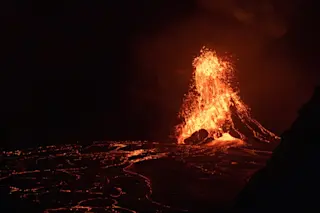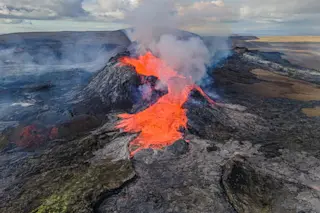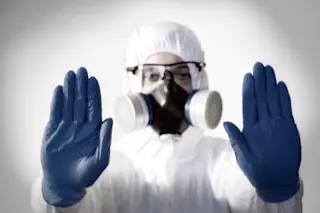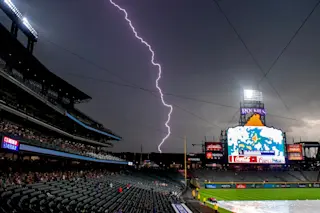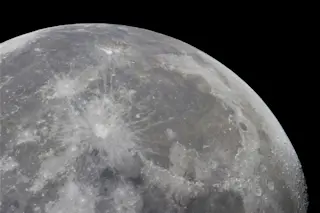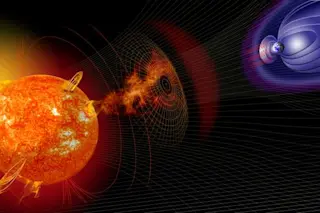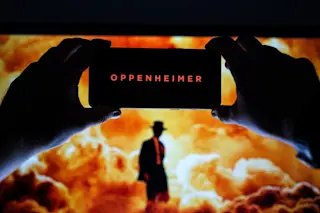Director Roland Emmerich is responsible for some of the most deliriously enjoyable abuses of science on the big screen: Independence Day’s dimwitted aliens, 2012’s physics-defying astrophysical disasters, and Jake Gyllenhaal’s panicked flight from homicidal tendrils of cold air in The Day After Tomorrow, which is one of cinema’s great unintentional comedy scenes.
Channing Tatum takes a leap of physics. (Credit: Columbia Pictures) Assuming it is unintentional, which is not at all clear with Emmerich. He always seems to be having a grand time skewering logic and ignoring the laws of physics, which strongly suggests he is in on the joke. So even though there’s no science-fiction premise to Emmerich’s latest movie, White House Down, I jumped at a chance to get a peek into his thought process. Mickey Nelson, the recently retired Assistant Director of the Secret Service, offered his insights on the technology and techniques behind White House Down. ...


